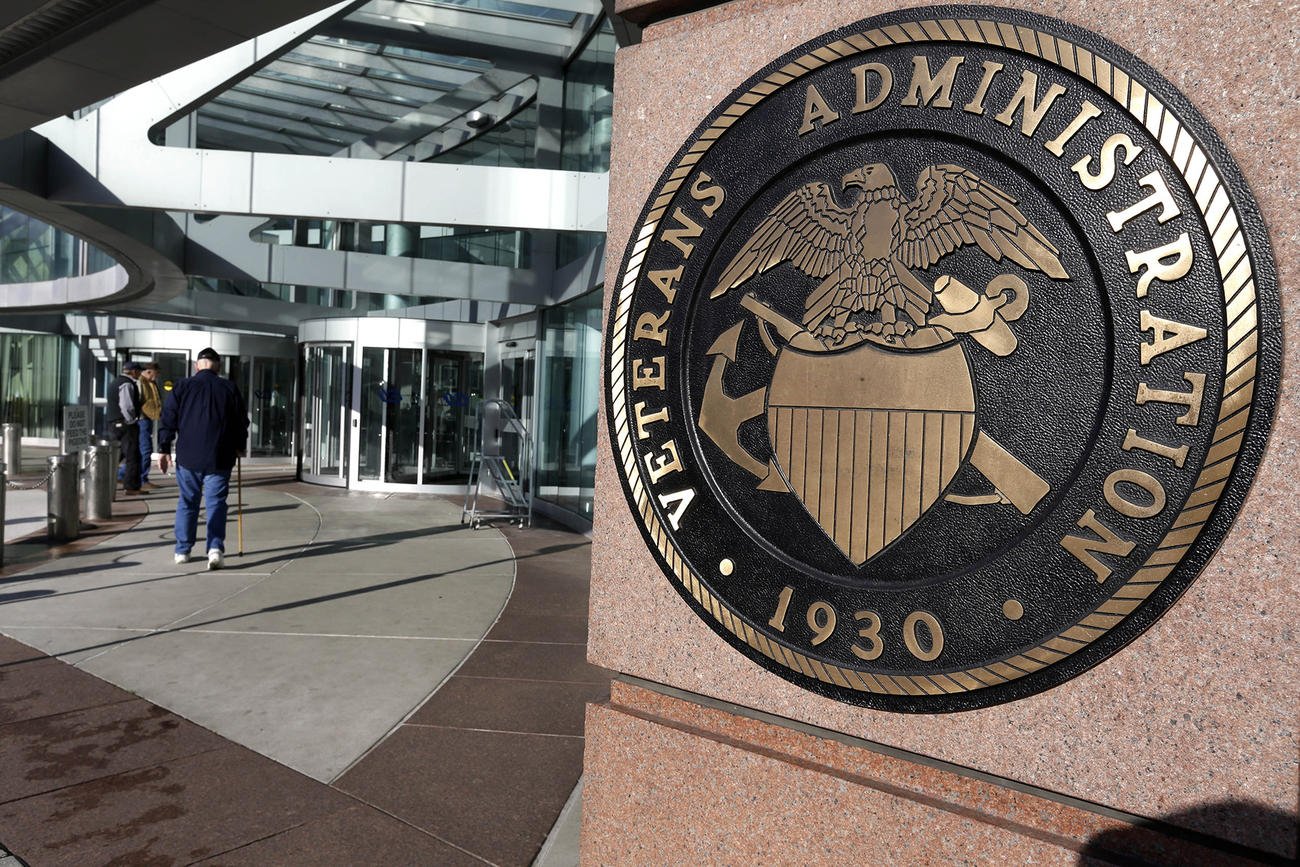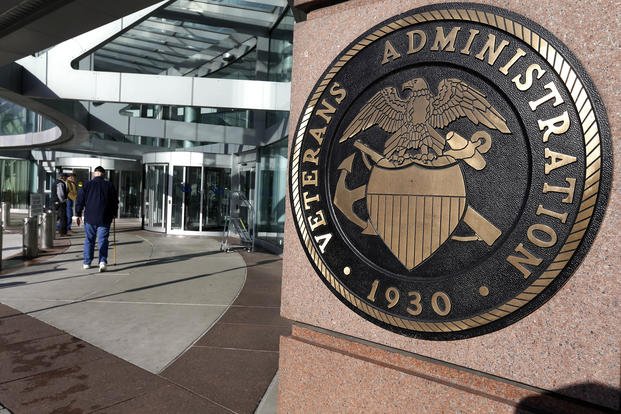

The search is underway to fill two key leadership positions at the Department of Veterans Affairs: under secretary for benefits and under secretary for health.
The jobs have been filled by acting leaders since the departures of Josh Jacobs, who led the Veterans Benefits Administration, and Dr. Shereef Elnahal, former head of the Veterans Health Administration, with the change in presidential administrations.
The department announced Monday that Deputy Secretary Paul Lawrence, who also served as under secretary for benefits from 2018 to 2021, will chair the commissions tasked with recommending candidates to President Donald Trump.
Read Next: Military Families Sue over Defense Department School Book Bans, Other Anti-Diversity Measures
The under secretary for benefits is responsible for the segment of the VA that oversees disability compensation and benefits, including the GI Bill, home loans, and pensions for 6 million veterans and surviving family members.
During Trump’s first term, the position of under secretary for benefits had been vacant for more than a year when he took office in 2017. Lawrence was nominated for the post in 2018 and served until Trump’s departure on Jan. 20, 2021.
Currently, the duties of the job are being fulfilled by Principal Deputy Under Secretary for Benefits Michael Frueh.
The under secretary for health manages the bulk of the VA’s workers, responsible for more than 370,000 employees at 172 medical centers and roughly 1,100 health clinics, nursing homes and rehabilitation centers across the country. The position also oversees medical research at the VA as well as training and education for its medical professionals.
In the coming years, the under secretary of health will play a major role in deploying a new electronic health record system at VA health facilities nationwide, a process that will restart in 2026 under an accelerated plan that will roll it out at 13 new sites across the country.
The candidate also will help lead the Trump administration’s efforts to ensure that community care — medical services paid for by the VA but provided by civilian health providers — is accessible to veterans as stipulated in the Mission Act, a law that expanded eligibility for the program.
During his confirmation hearing as deputy secretary, Lawrence said he would tightly manage much of the work of the VHA and VBA.
“I pledge to work with you to get VA’s electronic health record modernization effort back on track; ensure VA provides veterans with the health care choices and options Congress promised them as part of the Mission Act; properly and faithfully implement the PACT Act; and put veterans at the center of everything the department does,” Lawrence said during his confirmation hearing Feb. 19.
During Trump’s first term, the under secretary for health position was never filled by a permanent leader. Dr. David Shulkin, the under secretary for health appointed by President Barack Obama in 2015, vacated the post after he was nominated by Trump as VA secretary.
Deputy Under Secretary for Health Steven Lieberman is currently serving as the acting under secretary for health. Lieberman previously held the job as acting under secretary, from July 2021 to July 2022.
The VA is amid efforts to reduce its workforce as directed by Trump. The department laid off 2,400 probationary employees and is now preparing for a reduction in force that could trim roughly 80,000 additional workers from its ranks.
Critics have said that the cuts will reduce services to veterans and delay care and benefits processing. But during a visit Monday to the Carl Vinson VA Medical Center in Dublin, Georgia, VA Secretary Doug Collins said the cuts are necessary to improve VA services and that reductions will come from administrative ranks, not from jobs that are “forward facing” and directly serving veterans.
“We still have a lot of doctors and a lot of nurses in our system who are pushing paper and not helping patients,” Collins said in a report from 13WMAZ News in Macon, Georgia.
The search committees will be made up of VA appointees, community representatives and industry experts. While the committees are responsible for the search and vetting process and making recommendations to Trump, the president may accept or reject any recommendations.
Any presidential nominee to come from the process then will undergo confirmation in the Senate, an effort that could take months.
Related: VA Watchdog: Misdated PACT Act Disability Decisions Costing Government, Veterans Millions
